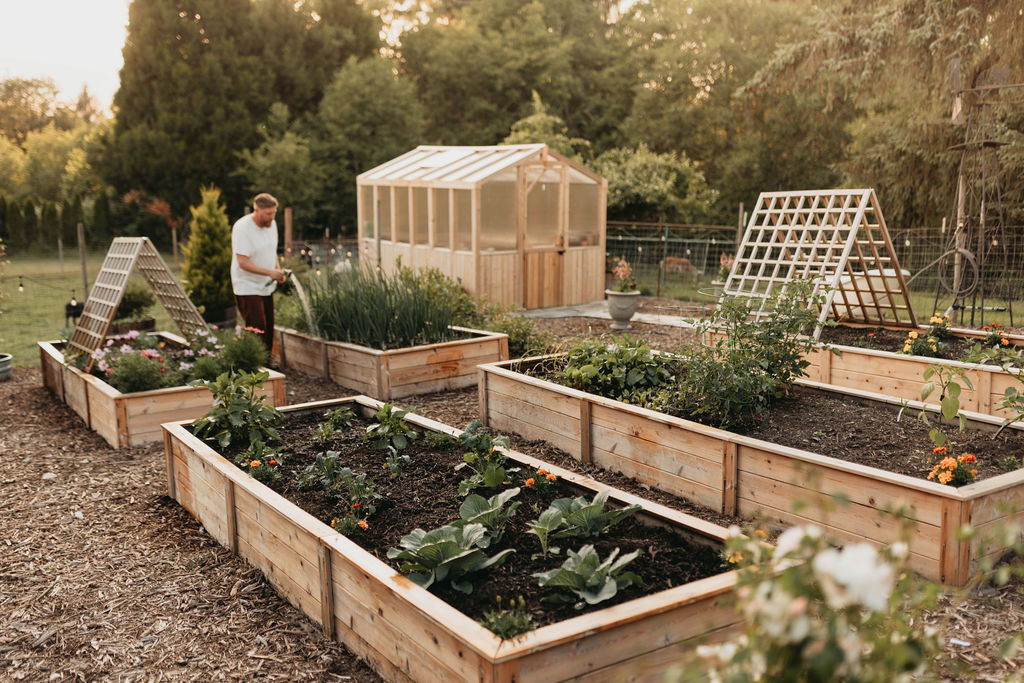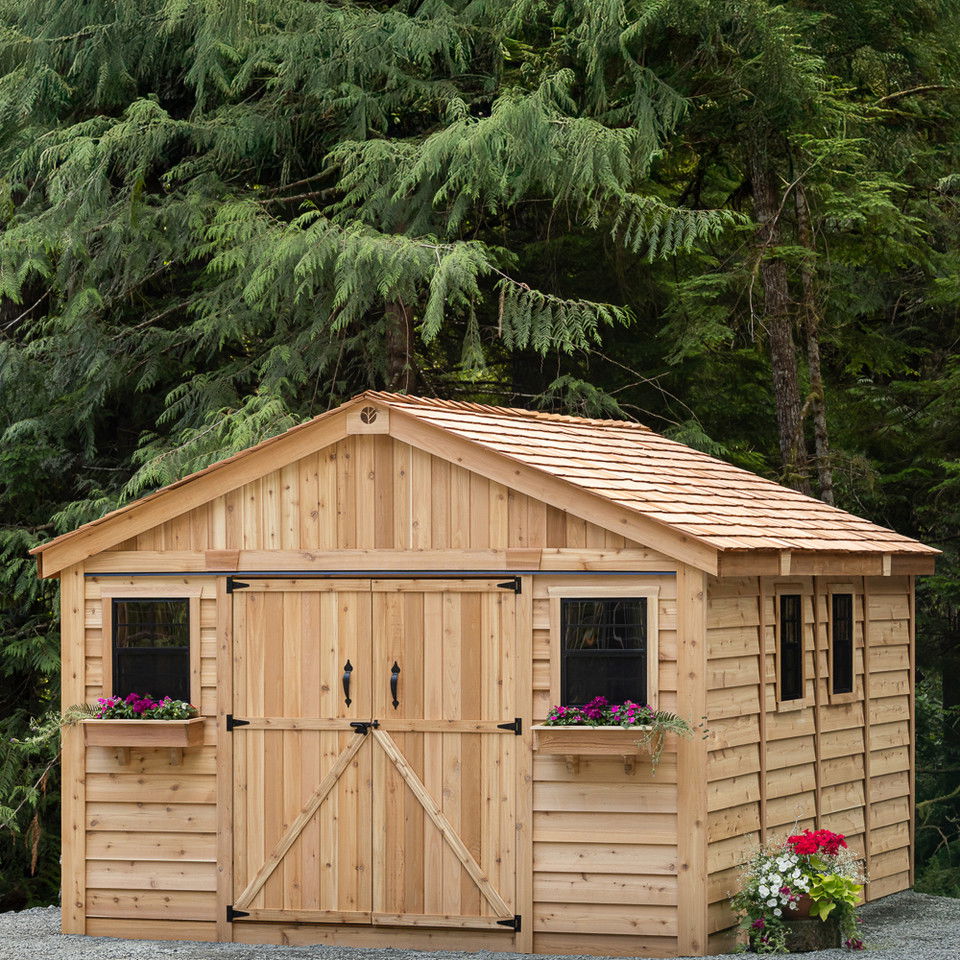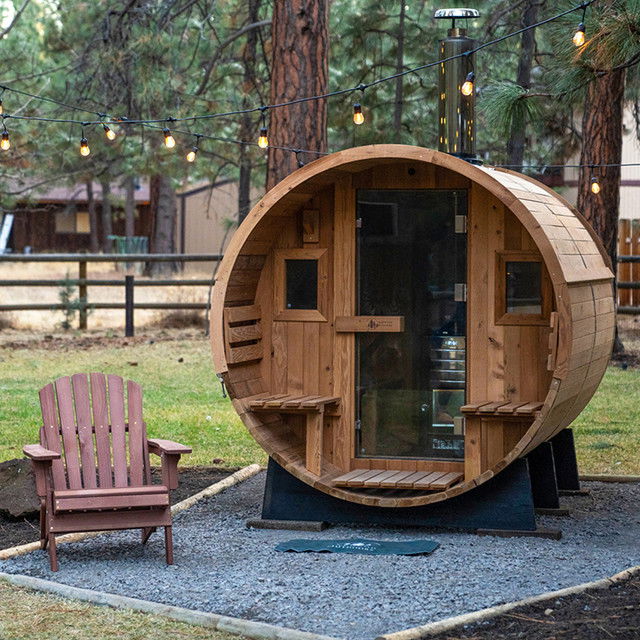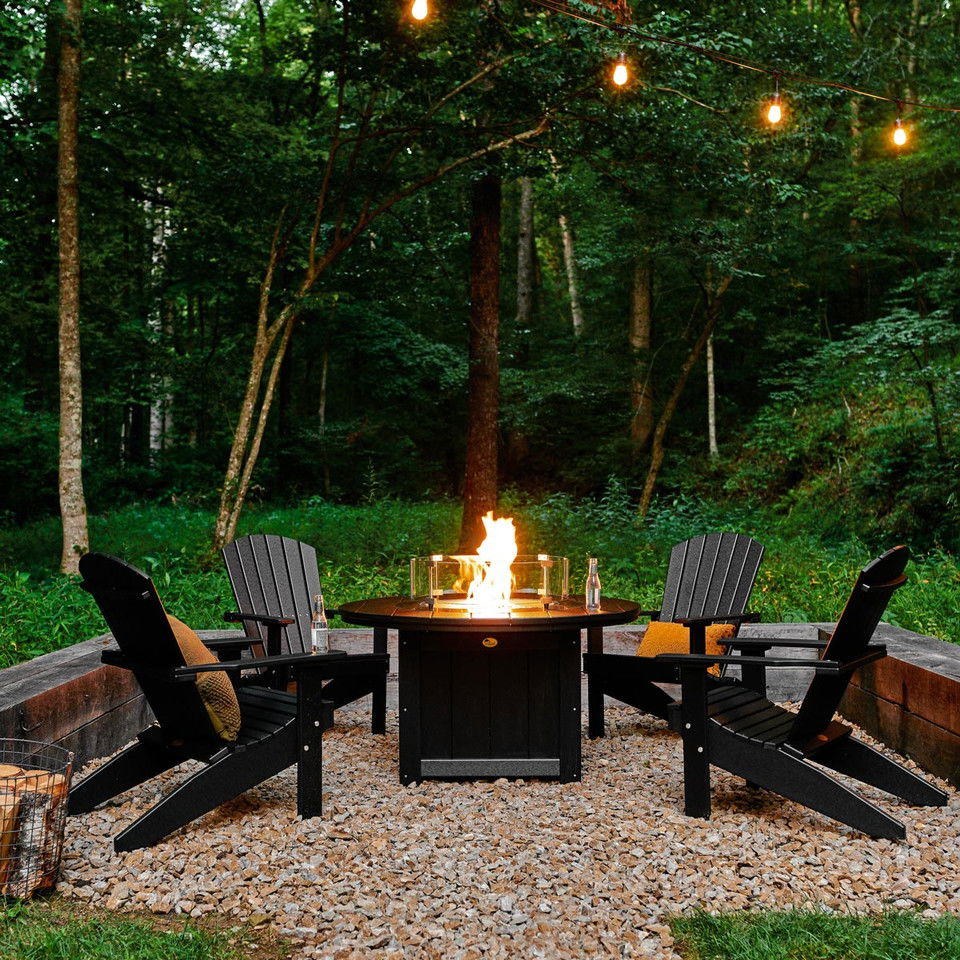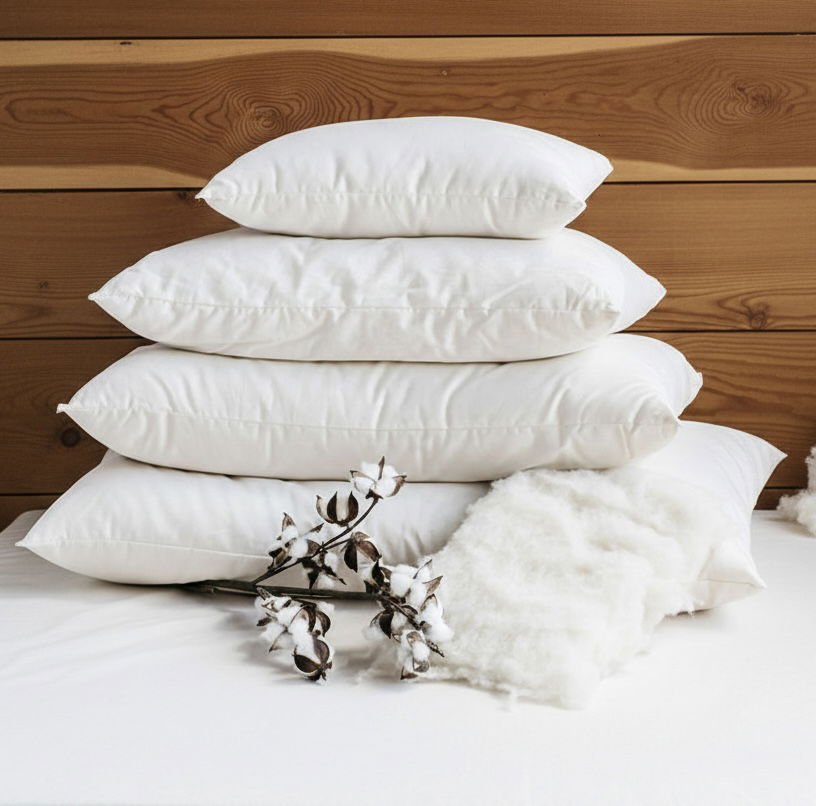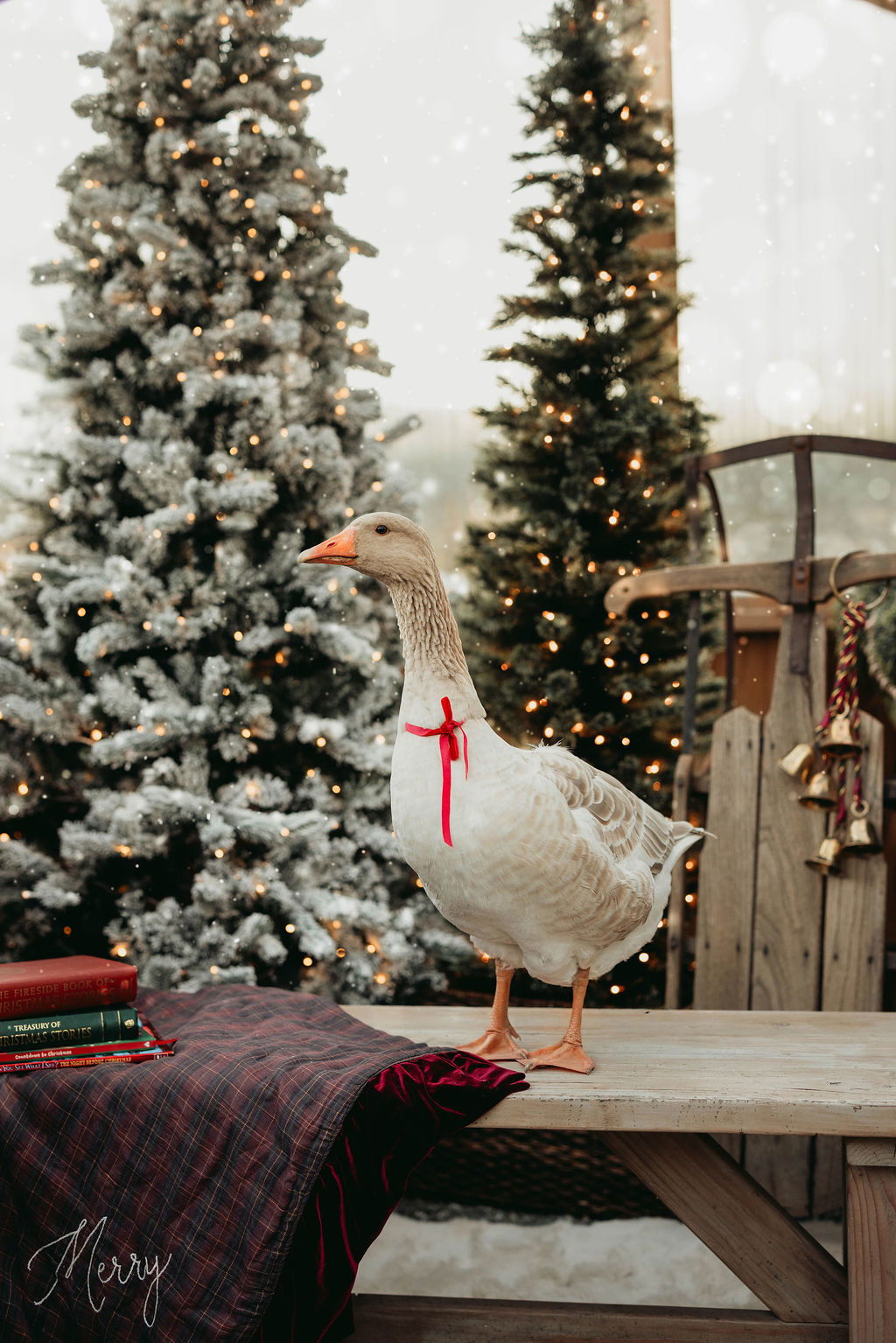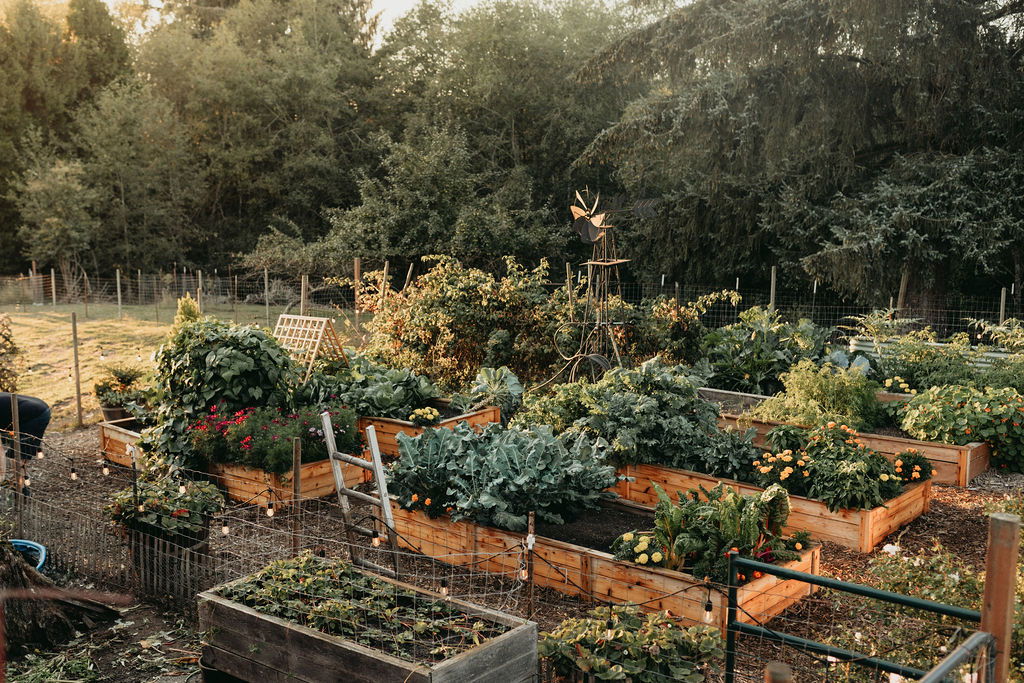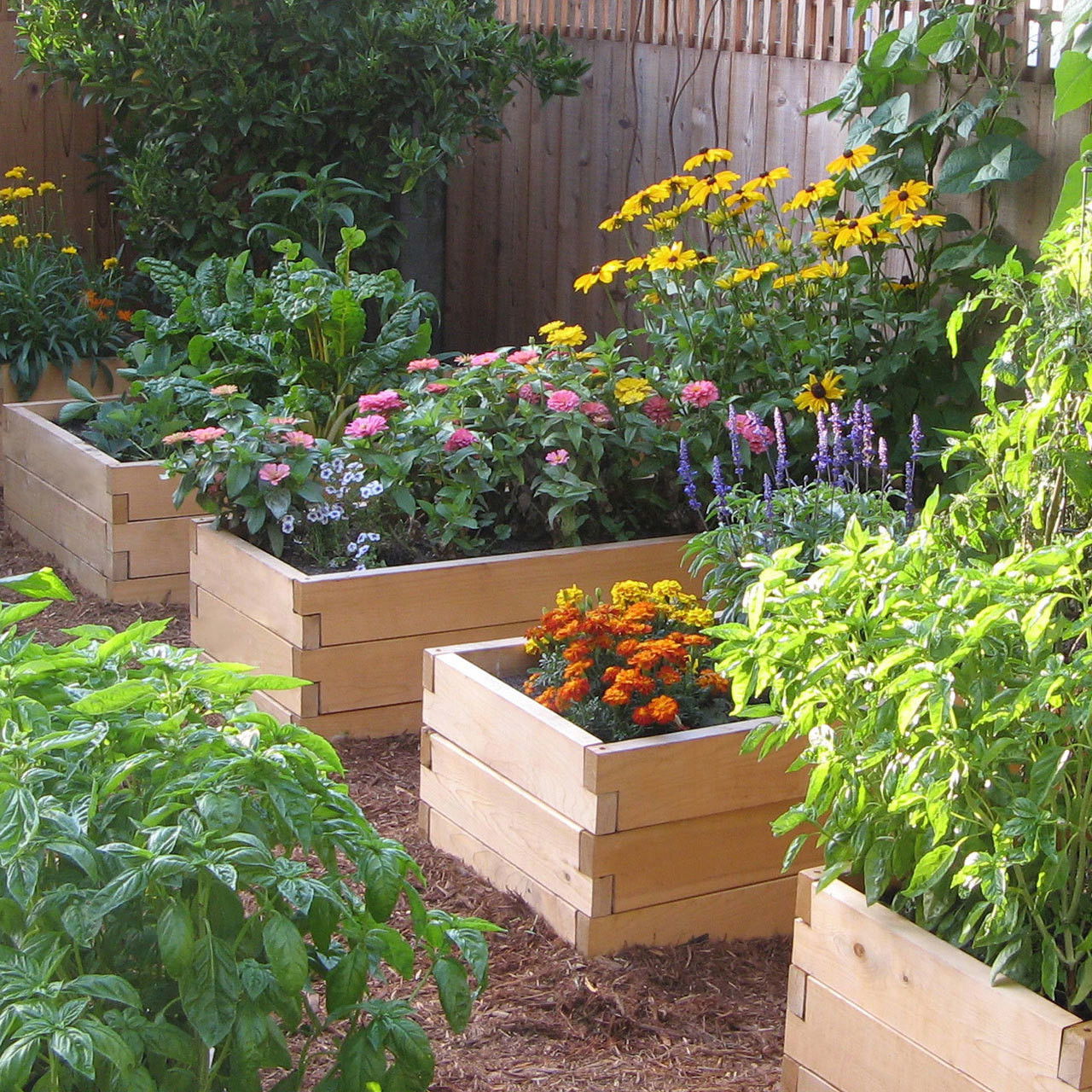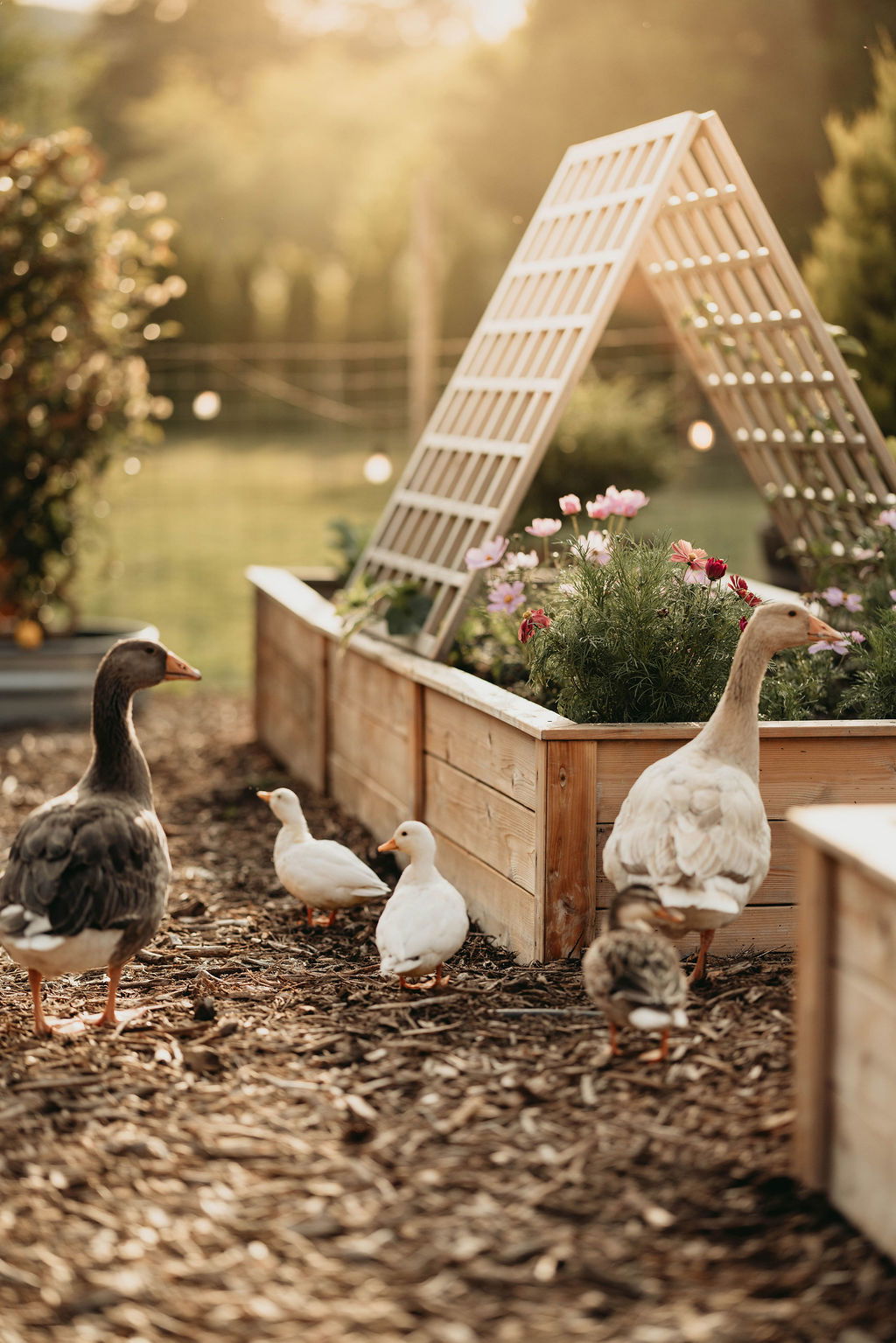Composting for gardeners is an essential way of creating nutrient-rich soil for your garden. It also helps out the environment at the same time. That’s because composting is the process of recycling organic matter like kitchen and yard waste. The fertilizer you create by composting enriches your soil and plants. Over time, the waste you add to your compost turns into a fertilizer that you can then use to improve the health of your garden and soil.
Anyone can compost no matter the size of your space. If you don’t have a garden but want to do your part for the environment, there are indoor composting options available. Whether it’s for the environment or for your garden, composting can be practiced by anyone.
Benefits of composting
Composting comes with valued benefits at little cost. There are garden composters available that elevate your composting efforts that come with different costs, but it’s free to dispose of waste otherwise. Keeping in mind that this waste would otherwise end up in a landfill, it’s worth the small investment to purchase a garden compost bin. The benefit is that you’ll have a natural fertilizer that effectively nourishes your garden’s soil. Here are some of other benefits to composting:
- Making compost will enrich humus for your yard, adding nutrients to plants while retaining the moisture in your soil.
- Reducing waste going to landfill also reduces associated methane emissions. By composting, you can negate up to 30% of household waste ending up in your garbage can. When organic matter ends up in a landfill, it doesn’t get the air required to decompose properly. Instead, it causes methane gas to break down and increases the rate of climate change.
- Adding organisms to your soil helps to prevent plant disease.
- Using natural compost as a fertilizer instead of chemical fertilizers helps build healthy soil and support the local environment.
Types of garden composter models
There are a variety of different garden composters to suit every household’s needs. Here are the main yard compost bins:
- Enclosed compost bins - This is the most common type of bin for outdoor composting. Enclosed compost bins can be a DIY project where you drill holes in a heavy-duty garbage can for aeration purposes, or you can purchase a composter that is enclosed on all sides, except for the bottom, which sits on the ground.
- Compost tumblers - Garden compost tumblers are the most efficient enclosed composter. They handle high temperatures within the tumbler system and turn to keep microbes active and aerated for faster decomposition. There are varying designs for garden compost tumblers, with some being quite sophisticated.
- Vermicomposters (worm bins) - Worms are a valuable part of converting food waste into fertilizer packed with nutrients. Worm bins are often multi-tiered, moving worms through the food waste.
- Solar waste digesters – These digesters break down all food waste and are not traditional composters. Their function is to keep organic matter out of the waste stream by converting the material to liquid, which is easily absorbed by the soil.
What to consider when choosing a composter
Garden composters are available in all shapes and sizes. The composter you choose should fit the space you have and your lifestyle. When selecting a compost bin for garden needs, there are a few things to consider. You want to determine how much waste you produce. This will determine the size of the composter you should have. There are indoor and outdoor composting bins, so decide where you want to compost.
While a tumbler is an excellent composting option, can you operate a tumbler? If you’re not sure, you may want something that doesn’t require you to do anything but add waste. The design, quality, and longevity are also important considerations.
Composting accessories
Helpful accessories can maximize your composting efforts and make composting easy to do. A helpful tool to keep track of the temperature in your compost is a compost thermometer.
For convenience, there are also smaller compost keepers that you can keep on your kitchen counter so you can quickly dispose of food waste. Compost filters act much like a garbage bag to keep the waste odor-free. When the compost keeper is full, you can put the filter right into the outdoor compost.
Conclusion
Setting up a compost indoors or outdoors isn’t difficult and is possible for any budget. You just need the right supplies and some space set aside for your endeavor. It’s even something to consider if you don’t have a garden yourself.
Composting puts aside waste that would otherwise go into the landfill, which is helpful to the environment for a variety of reasons. For those of you who do have a garden, you’ll benefit from organic fertilizer that is optimal for your garden. It’s easy enough to do and makes a huge impact on your garden and the earth.
